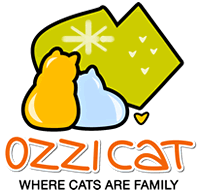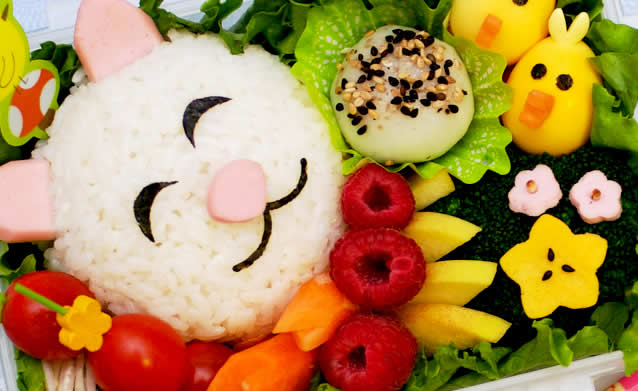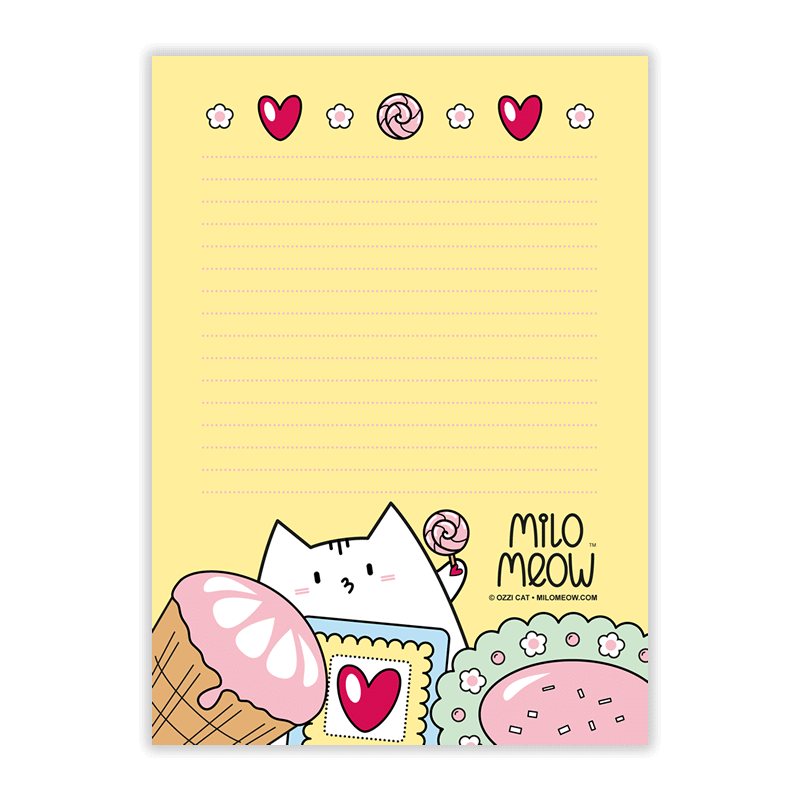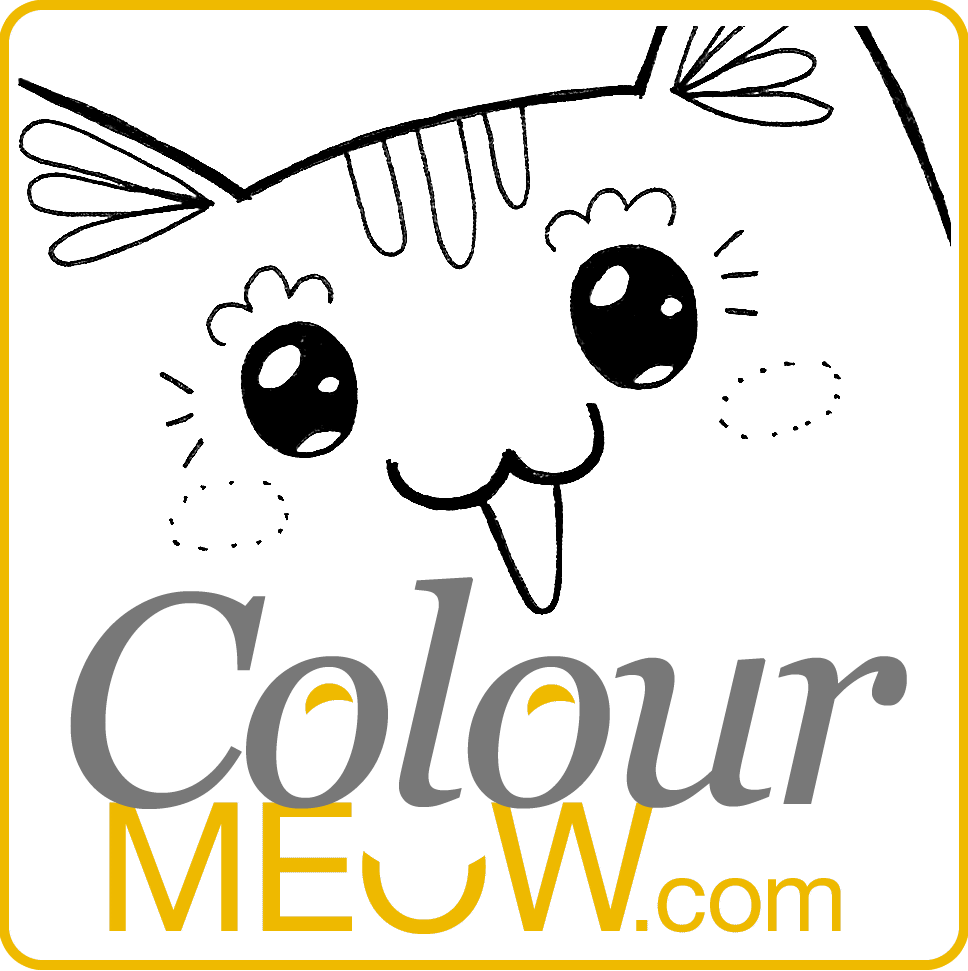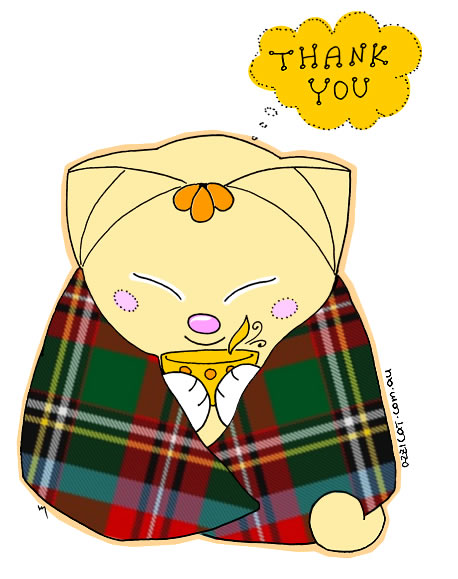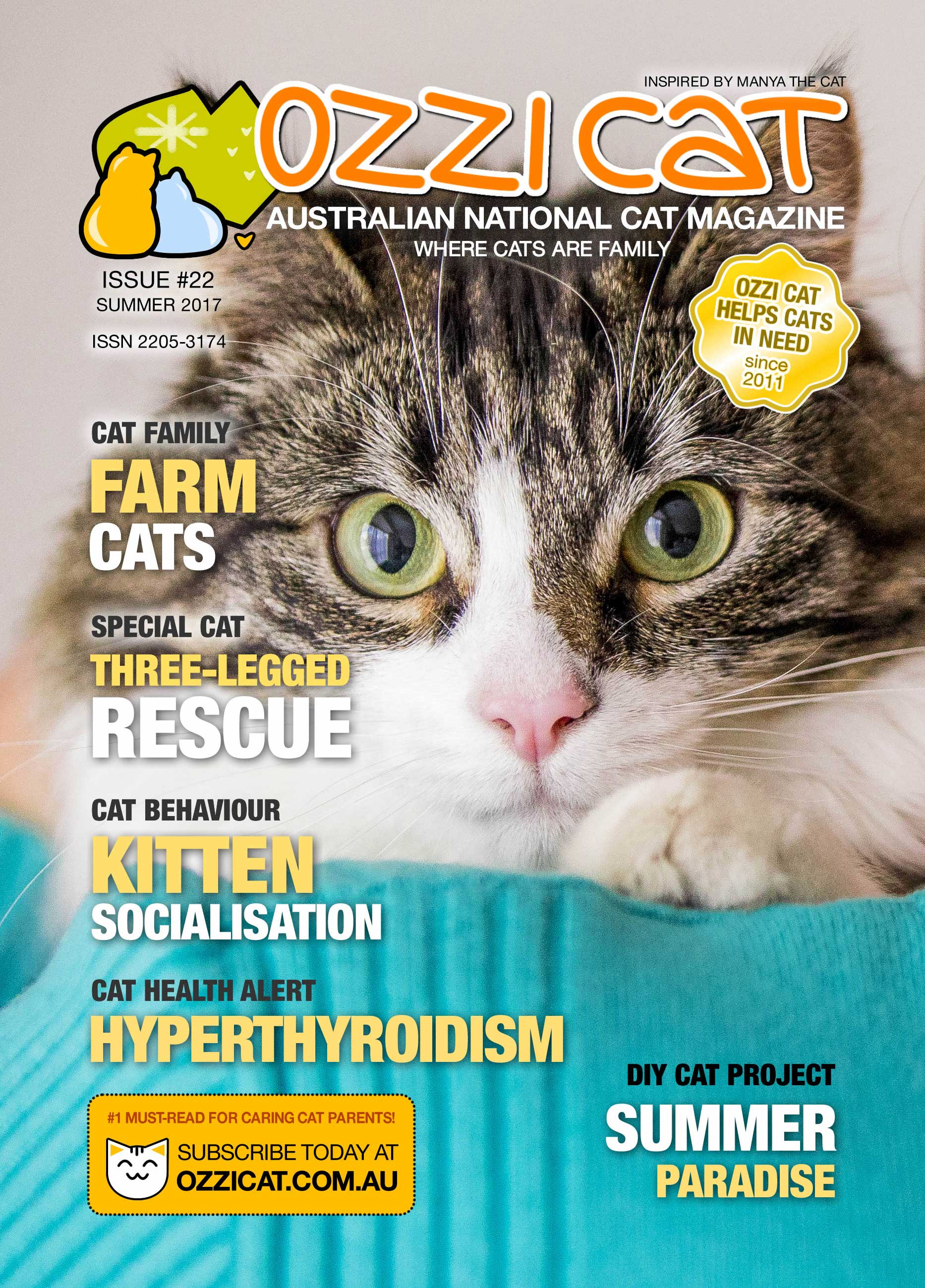Cat Info
Foods You Should Not Feed Your Cat
Some food that we eat can not good for cats. Even if dogs can eat that food, it can be dangerous for cats health due to different nutritional needs and different metabolism. From mild digestive upsets to severe illness, and even death in some cases, we should be aware of food that a cat should not eat.
Dr. Elizabeth Colleran, President of the American Association of Feline Practitioners (AAFP) says that the list of foods you can never feed your cat is shorter than we used to think. A quick reference list of what not to feed with includes:
Chocolate, garlic, onions, grapes, berries, raisins, milk, excessive starchy food, too much boneless meat, too much vegetables, small bones, vitamin mineral supplements.
Also
- Alcoholic beverages
Can cause intoxication, coma, and death. - Baby food
Can contain onion powder, which can be toxic to cats fed baby food for an extended period of time. If fed in large amounts, can also result in nutritional deficiencies. - Bones from fish, poultry, or other meat sources
Can cause obstruction or laceration of the digestive system. - Canned tuna (for human consumption)
Large amounts can cause malnutrition, since it lacks proper levels of vitamins and minerals. - Chocolate, coffee, tea, and other caffeine
Contain caffeine, theobromine, or theophylline, which can cause vomiting and diarrhea and be toxic to the heart and nervous system. - Dog food
If accidental ingestion, will not cause a problem; if fed repeatedly, may result in malnutrition and diseases affecting the heart. - Fat trimmings
Can cause pancreatitis. - Fish (raw, canned or cooked)
If fed exclusively or in high amounts can result in a vitamin B deficiency leading to loss of appetite, seizures, and in severe cases, death. - Grapes, raisins and currants
Contain an unknown toxin, which can damage the kidneys. - Macadamia nuts
Contain an unknown toxin, which can affect the digestive and nervous systems and muscle. - Milk and other dairy products
Some adult cats may develop diarrhea if given large amounts of dairy products. - Mushrooms
Can contain toxins, which may affect multiple systems in the body, cause shock, and result in death. - Onions and garlic (raw, cooked, or powder)
Contain sulfoxides and disulfides, which can damage red blood cells and cause anemia. Garlic is less toxic than onions. - Persimmons
Seeds can cause intestinal obstruction and enteritis. - Raw eggs
Contain an enzyme called avidin, which decreases the absorption of a vitamin B, which can lead to skin and hair coat problems. Raw eggs may contain Salmonella. - Raw meat
May contain bacteria such as Salmonella and E. coli, which can cause vomiting and diarrhea. - Rhubarb leaves
Contain oxalates, which can affect the digestive, nervous, and urinary systems. - Salt
If eaten in large quantities it may lead to electrolyte imbalances. - Sugary foods
Can lead to obesity, dental problems, and possibly diabetes mellitus. - Tobacco
Contains nicotine, which affects the digestive and nervous systems. Can result in rapid heart beat, collapse, coma, and death. - Yeast dough
Can expand and produce gas in the digestive system, causing pain and possible rupture of the stomach or intestines.
Does your cat like something unusual for a cat?
Like a pineapple? Cucumber?
Photo by: gamene
Share With Cat Parents and Cat Lovers!
